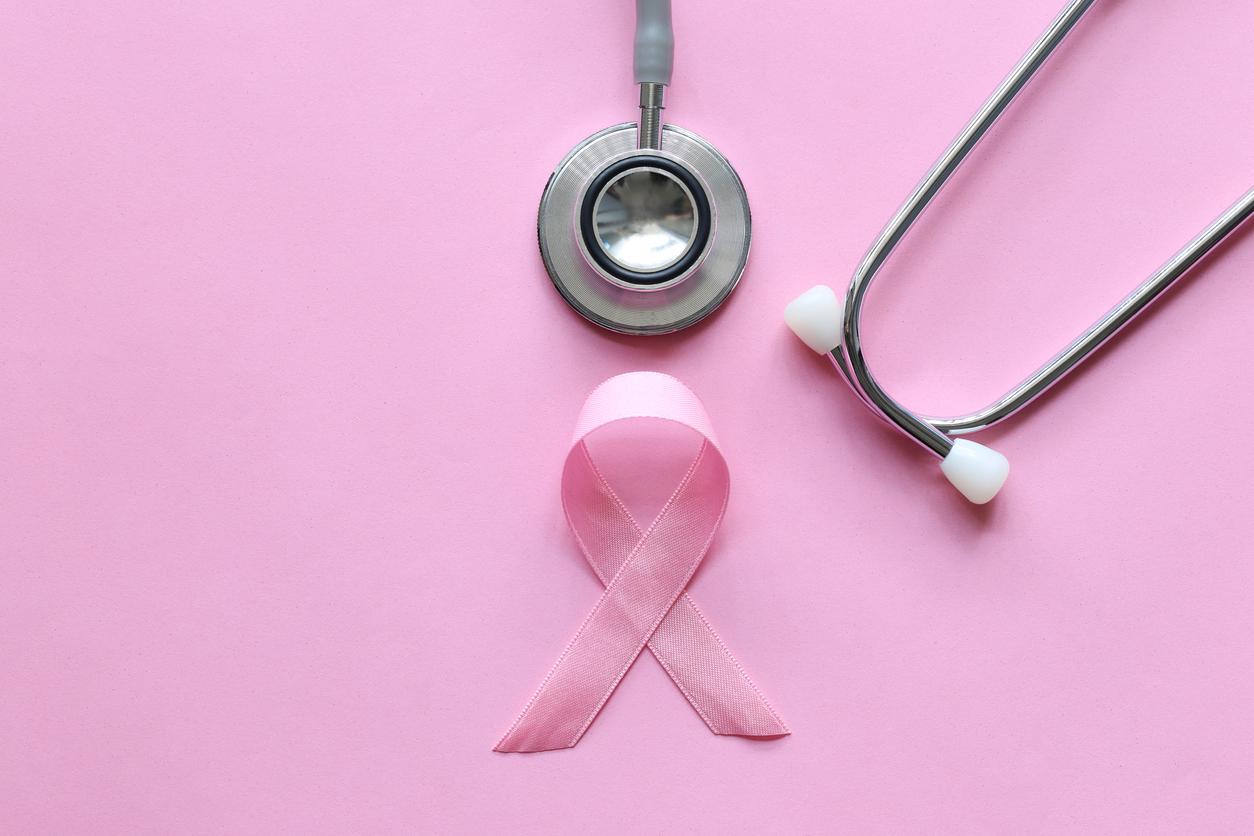Following a diagnosis of breast cancer, 44% of women received no psychological support.

- Among the 287 women in the study, 45% of them have never met the psychologist normally present in hospitals and clinics.
- 43% of the women surveyed also experienced a post-treatment depressive episode.
Mental support for women affected by breast cancer is not important enough in France, according to a survey conducted by psychotherapist Célia Charpentier. The results show that following the diagnosis of breast cancer, 44% of women were not offered any psychological support. “This is all the more surprising since 79% of the women questioned consider that the mind plays an essential role in their healing”, notes the health professional, herself suffering from breast cancer from which she is now cured.
45% of women have never met the psychologist
Among the 287 women in the study, 45% of them had never met the psychologist normally present in hospitals and clinics, and 6% were not even aware of her existence. “In the end, the most surprising thing about this study is that only 42% of women had psychological support during their treatment, and yet 87% think that follow-up is essential or simply useful”, judge Célia Charpentier in Point.
For 68% of the women who benefited from psychological follow-up, it was with the service psychologist. 18% already had a psychotherapist whom they continued to see, and 14% took the initiative themselves to start therapeutic work outside the hospital or clinic. 43% of the women surveyed also experienced a post-treatment depressive episode.
60,000 new cases every year
With 60,000 new cases every year, breast cancer ranks first among incident cancers in women, well ahead of colorectal cancer and lung cancer. Breast cancer screening (recommended every 2 years for women aged 50 to 74, editor’s note) is all the more interesting as the 5-year survival of affected patients is improving more and more: it has gone from 80% for patients diagnosed between 1989 and 1993 to 87% for those diagnosed between 2005 and 2010. As a result, the mortality rate linked to breast cancer decreases from year to year.

.















